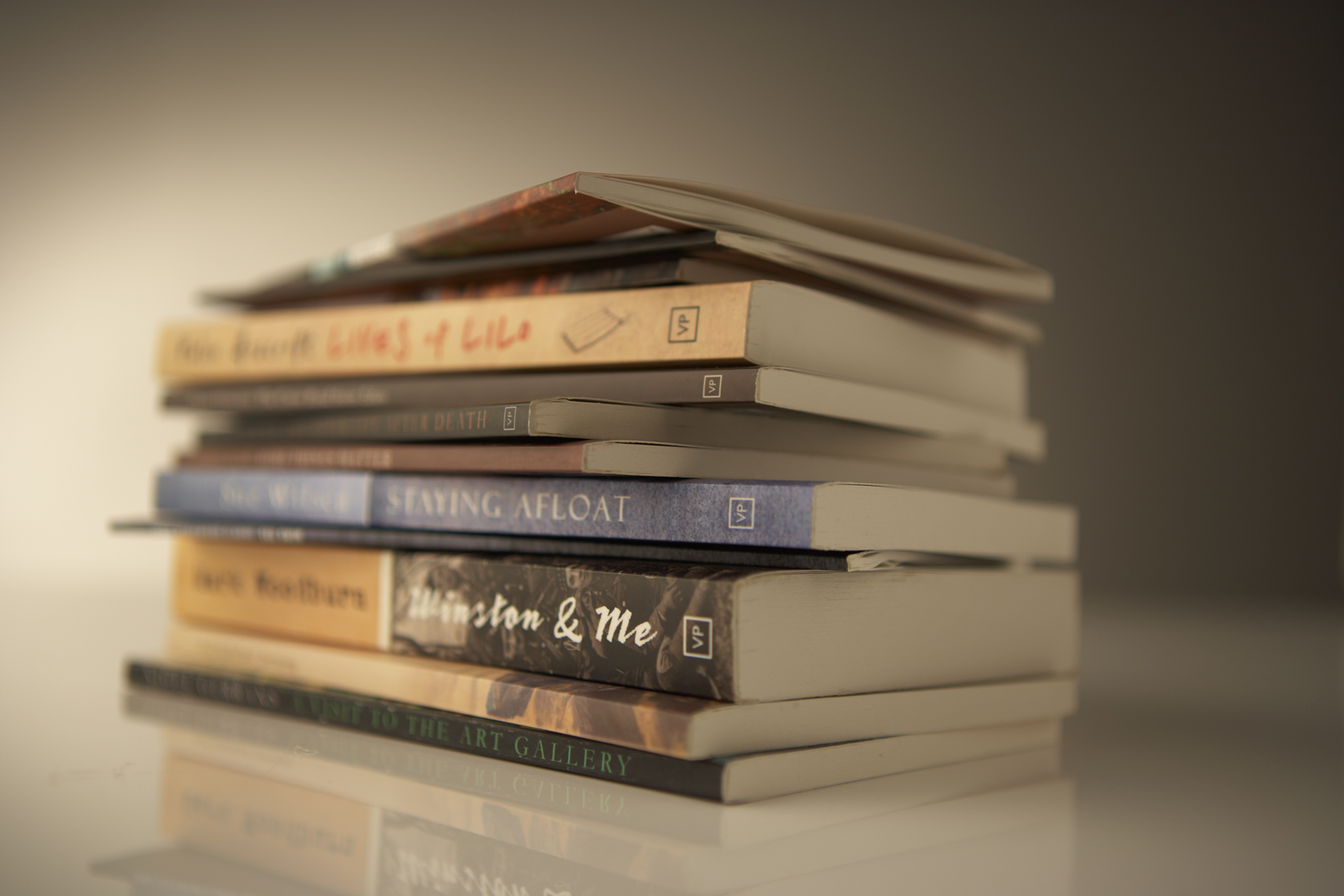Helen Burke is a seasoned poet and has amassed an impressive array of competition successes over the years. Valley Press have released an anthology of her most requested poems…
Here’s Looking at You Kid is Helen Burke’s collection of her most requested poems. They centre, touchingly, around her parents, covering everything from her father’s distinctive Irish twang, to her mother’s exploits in her old age. Just like the anthology’s title, most of the poems are endearingly funny.
Burke has the talent of finding the humour and the humanity in bleak stories. In ‘Hospital Lingo’ she deftly takes on medical jargon and mixes it with her own wry experiences and observations of life on a hospital ward. The poem contains my favourite lines of the anthology – ‘Chrissie at the end is having everything removed, / piece by piece – her sanity, her sense of humour, her husband. / She’s quite glad about the last.’ ‘My Wild Mother’ paints a humorous portrait, and so the ending feels even more sobering to the reader. ‘A wheelchair goes into a bar’ goes as far as directly playing on the format of a joke whilst skilfully opening our eyes to life in a wheelchair, a personal experience Burke says in the notes at the back of the anthology, that she doesn’t much like writing about. But it makes Burke’s anthology stand out – not many poets can write about such a sensitive topic with such humour and insight.
‘Keats in Piazza Navona’ delightfully imagines one of Burke’s poetic inspirations alive and well in the bustle of modern day Italy, in one of the most whimsical poems in the collection. In contrast, ‘Baxter’s Crime’ chronicles the daily occurrence of a dog being walked, or rather dragged, outside Burke’s house. Burke finds a kinship with poor Baxter – ‘I feel a bit like him. / Pulled this way and that. / Someone behind me with a lead I can’t see. / Baxter has no idea what his crime is. / (Nor have I.)’ and it’s hard not to feel the same empathy towards Baxter’s plight too.
Burke’s verses tend towards the long side, made up of complex run on lines, but this only gives the impression that her words are genuine, spilling from her mind onto the page barely controlled. In ‘What they found in the poet’s stomach’ Burke’s writing style is at its best, the punctuated lines building up, detailing everything every poet has ever tried to capture in their writing, their length matching the long line of Burke’s poet predecessors.
But, Burke tells us, her most requested poem is ‘The Green Piano’ and I can instantly see why. It’s a simple poem, but life-affirming in its message. Many people have asked Burke for a printed version, and I can easily imagine the inspiration a tacked up copy of this above your desk might deliver. It’s gently forceful in tone, capturing that carpe diem attitude, one which is echoed elsewhere in the anthology too. In total, Burke’s collection of poems is enough to make anyone smile.
Heather Nash
(Image: The Poetry School)

